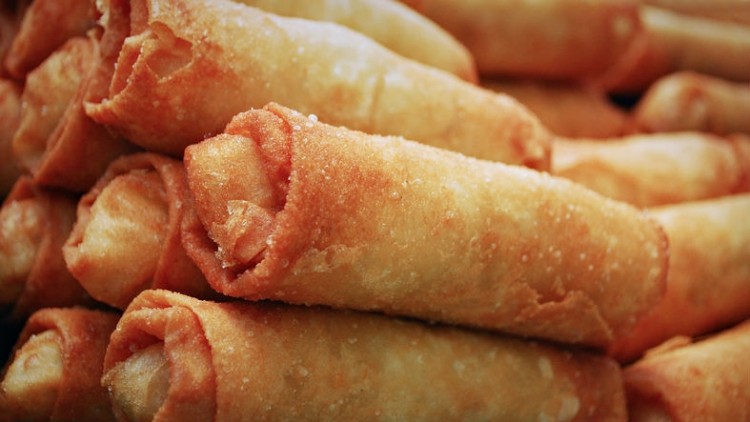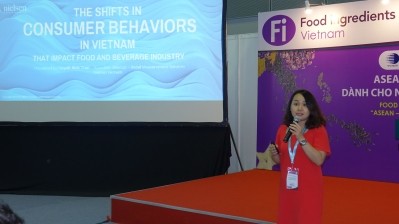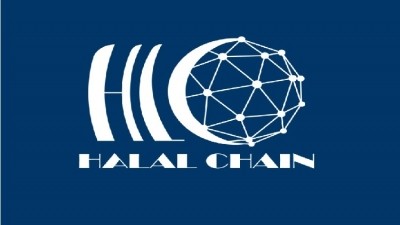Philippines set for new halal accreditation scheme as officials eye bigger slice of $630bn market

The DTI, which has taken over responsibilities from the National Commission for Muslim Filipinos, will launch the standard in Davao City during the Philippine Halal Trade Week.
Marilou Ampuan, president of the Universal Islamic Center Foundation (UICF) and chairperson of the halal committee of the Tourism Congress of the Philippines, said during the Kapehan sa Dabaw forum in Davao that the Philippines is a member of the International Halal Accreditation Forum, so certification would mean worldwide recognition.
Huge halal potential
Meanwhile, Abdulgani Macatoman, assistant secretary of the DTI, had said that at present the Philippines only contributes to about 5% of the global halal trade. However, this is steadily changing due to the efforts of the Zamboanga Ecozone and Freeport and Regional Economic Zone Authority of the Autonomous Region of Muslim Mindanao.
According to him, Muslims in the Philippines number 11 million — about 10% of the population. Moreover, with tourism being an integral part of the country’s economy, the halal industry is key to attracting the 145 million Muslim tourists from Arabia and ASEAN.
“And the sheer size of under-served markets make it easier to penetrate the industry. There are simply more people who need halal products and services than there are existing businesses,” he said.
He added that the Philippines was developing its halal value chain to ensure products complied with the halal standard.
Macatoman said the demand for halal products also comes from non-Muslims due to the high standards of halal requirements, including in quality and hygiene.
"The non-Muslims also started to buy the halal products, such as health-conscious people as well as vegetarians," he said.
New Asian Halal Center
Recently, a ground breaking ceremony took place for the new Asian Halal Center by the Zamboanga Economic Zone in partnership with the DTI.
The 100-hectare area is set to be the centre of halal industries in the Philippines and for the Brunei Darussalam-Indonesia-Malaysia-Philippines East ASEAN Growth Area region.
“Mindanao is positioned to be the manufacturing base for export-quality halal products in the country. With Asian Halal Center, we expect to attract more locators and enhance our country’s position as the halal industrial hub in the region,” said Ramon Lopez, secretary of the DTI.
The Asian Halal Center will be the home of production and processing of halal goods for the Muslim-majority region.
Nora Tirado, industry promotion group undersecretary of the DTI added, “The growing halal market worldwide is a potential sector especially for our micro and small entrepreneurs. We need to urge them to seize this opportunity and tap the growing sector.”
Market opportunities
Last month, the DTI Export Marketing Bureau (EMB) had identified halal, organic and kosher products as trending among global consumers, and encouraged Filipino exporters to go into production of these products and to seize new opportunities.
Agnes Legaspi, assistant director of the EMB, said that total trade in halal food, 62% of the global halal market, is estimated to be worth US$632bn.
According to a new report by Grand View Research, Inc., the global halal food market is expected to reach US$739.59bn by 2025.
Asia Pacific, where about 63% of the global Muslim population resides, was the leading consumer of halal food in 2016.



















